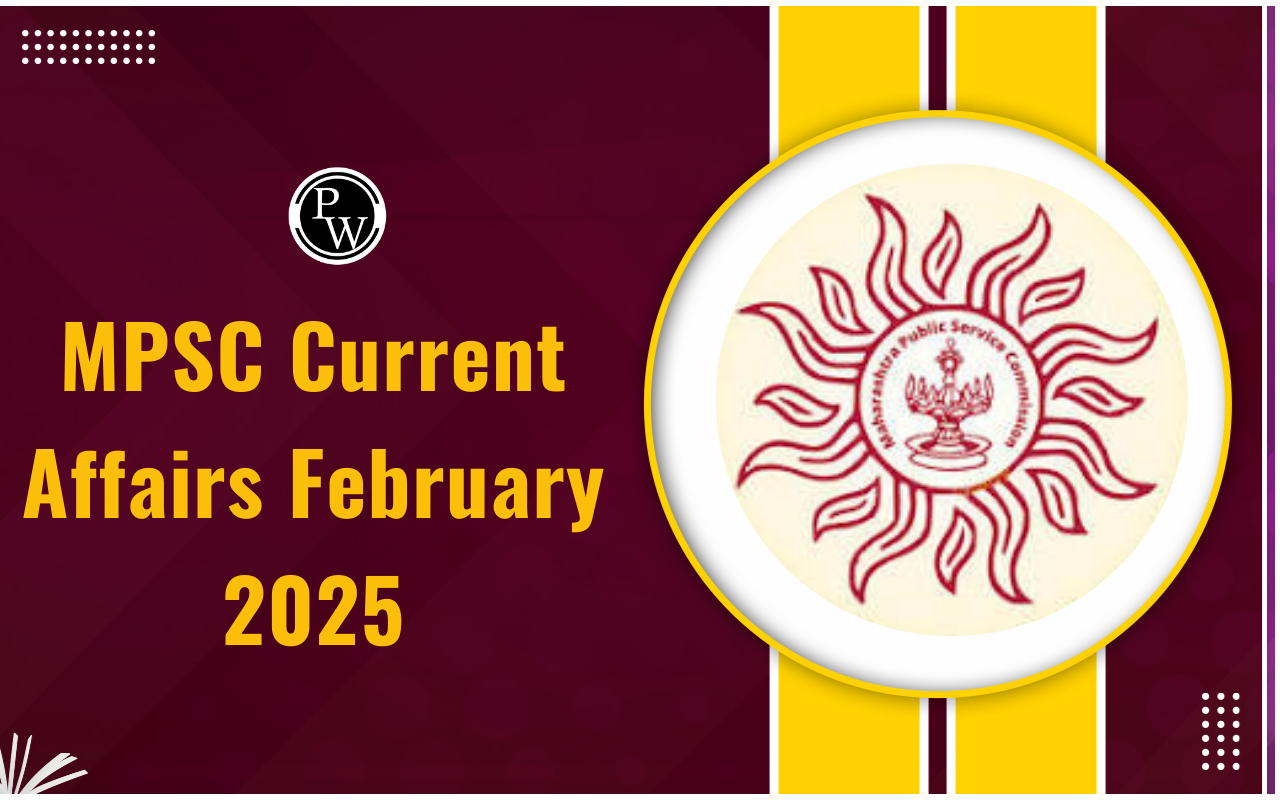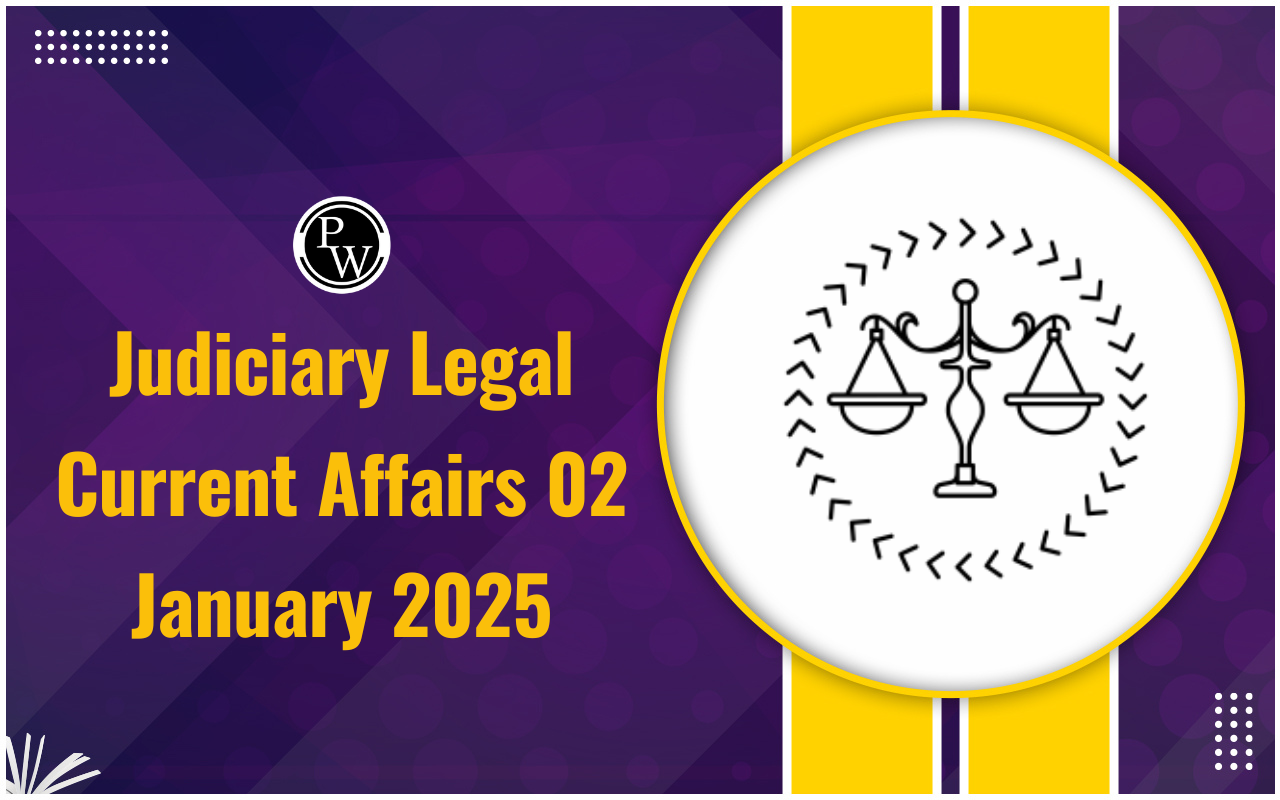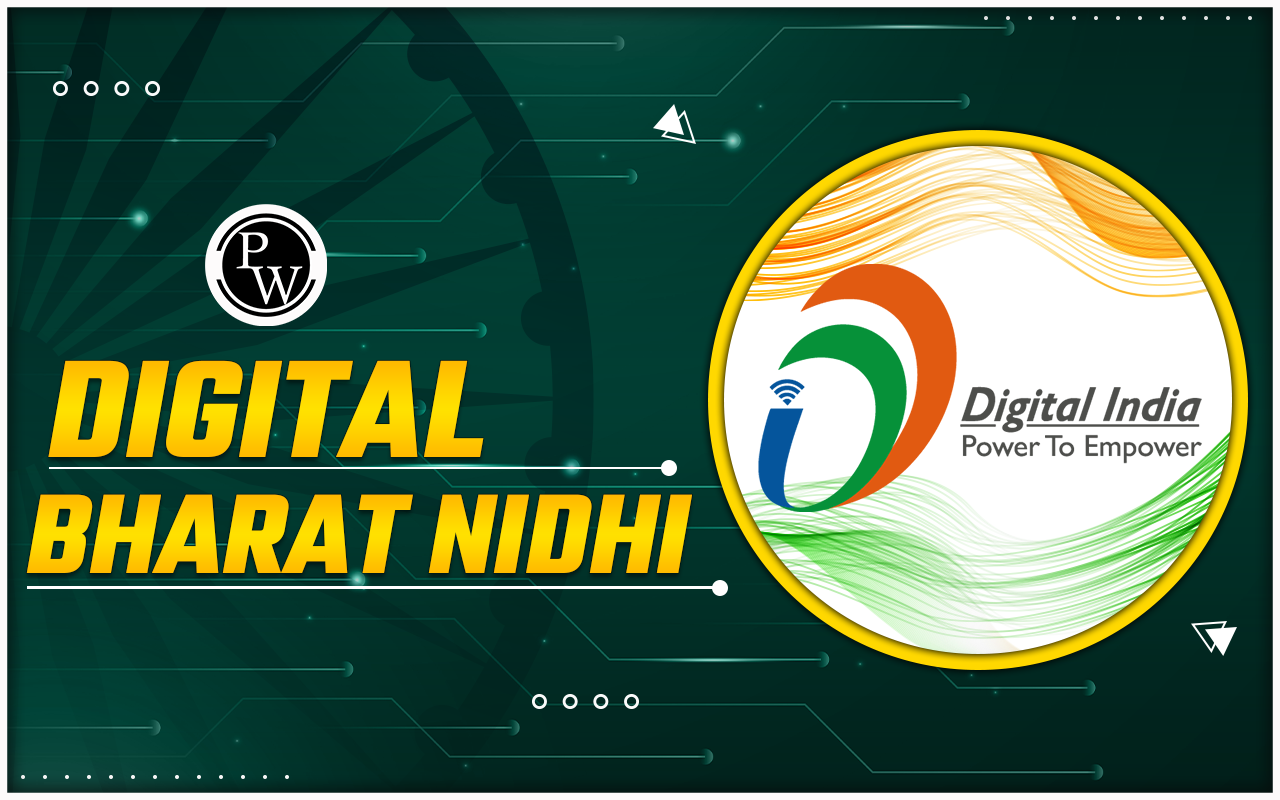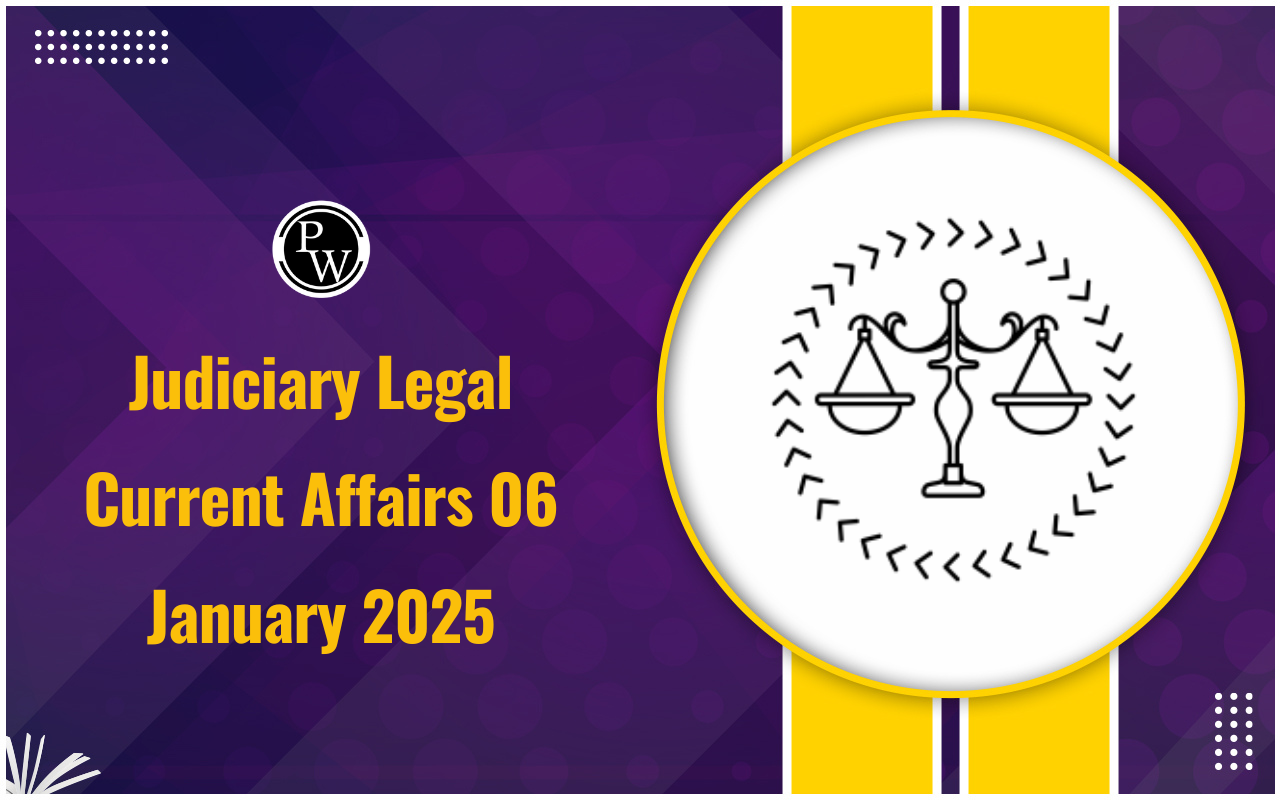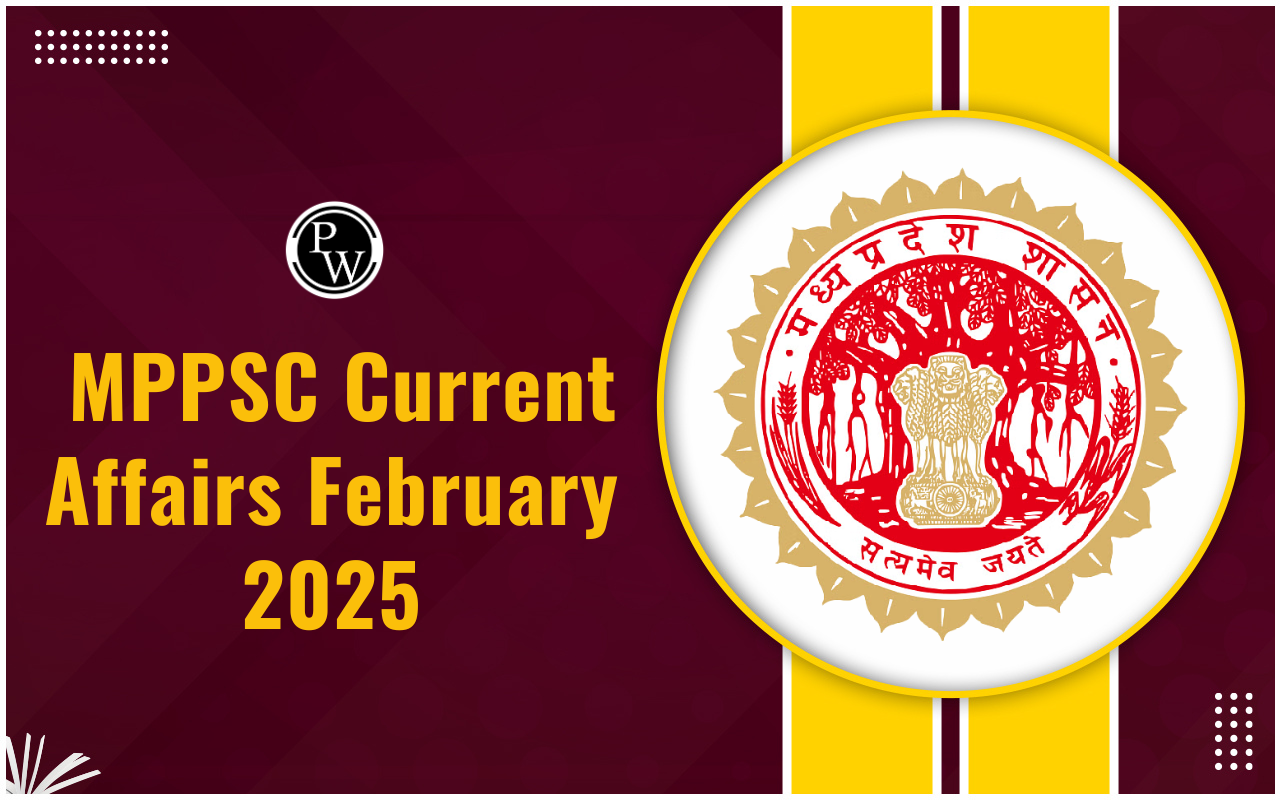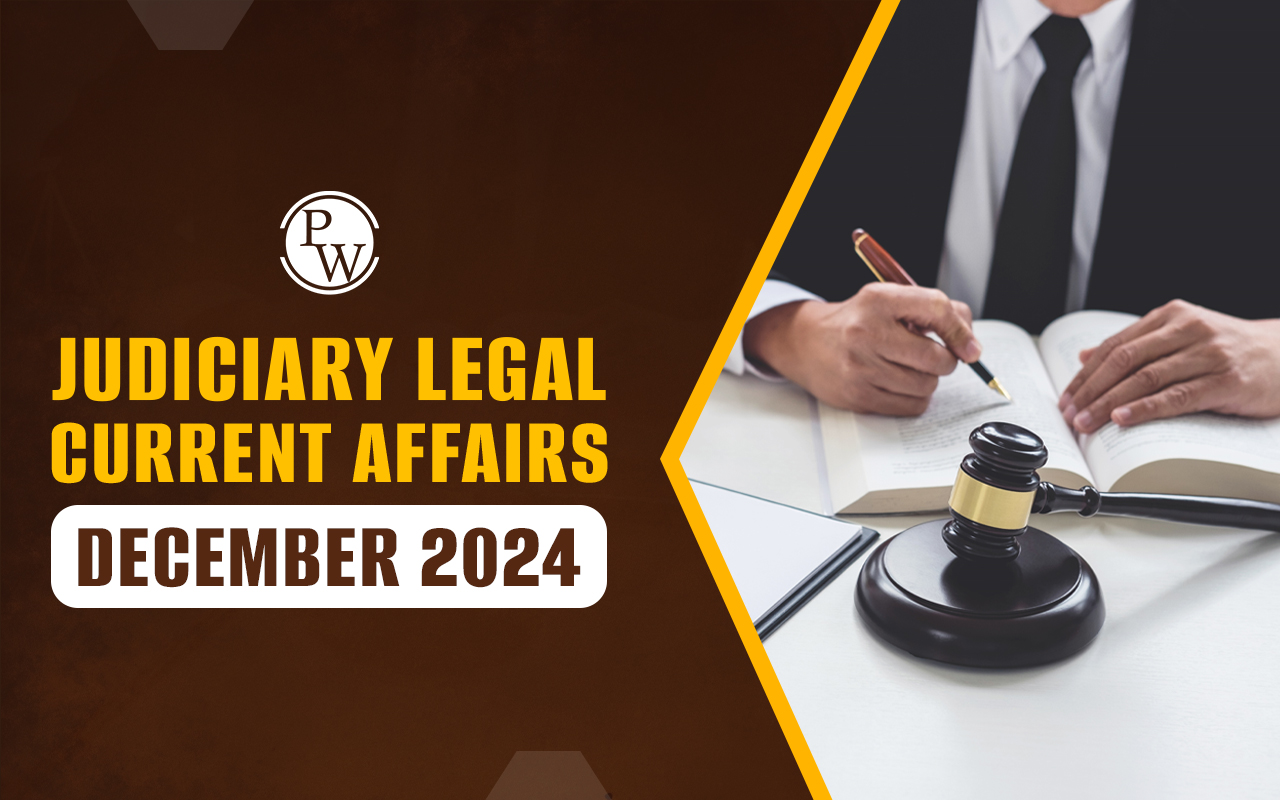
Banking Terminology: Banking terminology such as terms and concepts is widely used by all types of banks in India. Sometimes the Banking Terminology can be confusing and difficult to understand even for finance and banking professionals. However, banking has become an inevitable part of both our business and personal lives, so knowing banking terminology can be very helpful.
Banking Terminology
The banking awareness section of the banking exams asks many different banking terminologies. In addition, the subject is often asked at bank Interviews to test candidates' knowledge. Various banking terms are not very familiar to all of us. Apart from common terms such as ATM, foreign as exchange, bank account types, etc., other terms and/or abbreviations are almost unknown. Hence banking terminology plays a vital role in all stages of IBPS PO/Clerk and other banking exams.Important Banking Terminology
It is very important that you know and understand the various Banking Terminology and terms used by banks and other financial institutions so that you can easily comply with them. Here is a list of 92 important banking terms and their definitions in alphabetical order:Bank Statement:
Bank Statement refers to a document that contains information about all your banking transactions that have taken place between you and third parties in a specific area just in time. Banks usually send account statements to your email on a monthly or quarterly basis. If necessary, you can also request a bank statement from your bank.Account History
Account History is a record of all credits, debits and interest payments made and interest accrued on your account over a period of time.Account Holder
In the case of a joint account, this refers to the primary account holder or account holders authorized to trade on behalf of the account.Available Balance
The Available balance in your savings bank account after various transactions.Available Credit
Available Credit refers to the current total unused balance on your credit card.Automated Teller Machine
ATM stands for Automated Teller Machine that helps you perform various banking functions that make deposits, loan payments and money transfers and the basic function of cash withdrawal.Automatic Bill Payment
Automated Bill Payment refers to the process of automatically paying recurring bills to a financial institution with a single authorization. Using this option, you can pay for electricity, water and any other utilities you may need by sending a single power of attorney to your bank. You can activate this feature either through your online banking or by manually asking your bank.APR:
APR stands for Annual Percentage Rate which refers to the annual interest paid by borrowers on various debts or investments and also on deposits.Bank Account:
Bank Account refers to a facility offered by a bank or other financial institution or credit union to customers to hold their financial assets. Banks keep your earnings at your discretion and you have to pay a nominal fee to avail this facility.Bank Statement
This is the same as a bank statement. It contains a record of all transactions, including debits and credits, interest paid, interest accrued, other deposits made, your average monthly account balance and current balance for a given period. It is usually published once a month. This is one of the most important banking terms that we should all know.Balance Transfer
This refers to the transfer of the remaining loan amount from the current lender to a new loan account opened with another lender. The balance transfer feature can also be used with credit cards where you transfer the balance from one credit card to another. This is mainly done to get lower interest rates on a loan or credit card. You may have to pay a nominal amount as a balance transfer fee.Bankruptcy
This refers to a situation where an individual or business entity does not have enough money to pay its debts. This is a situation where the borrower can go to court to extend the repayment schedule or legally transfer all assets to a trustee appointed by the court.Bank Rate
Bank Rate is the interest rate charged by the Reserve Bank of India for loans and advances from banks and other financial institutions.Banking Ombudsman
Banking Ombudsman is a senior official of the Reserve Bank of India who investigates customer complaints about certain deficiencies in banking services.Beneficiary
Beneficiary means a person who is entitled to receive benefits under a term deposit, fund, insurance or other financial agreement.Billing Period
Billing Period refers to the period from the end of one billing date to the next billing date.Billing
Billing refers to the date, month and year the monthly or seasonal report was created.Base Rate
Base Rate is the minimum rate set by the Reserve Bank of India. No lender can lend money to customers at less than the current prime rate. Banks/lenders set interest rates for various loans based on the existing base rate.Capital Gain
Capital Gain refers to the net profit an investor makes by selling a fixed asset such as a house, land or real estate at a higher price than the original purchase price.Certificate of Deposit
This is a document issued to them by banks or credit unions against time deposits with a fixed interest rate.Canceled Cheque
It is a Cheque that allows the bank to pay a specified amount from the drawer's account to a specific person or company. There are three parties involved in a canceled cheque, which are the bank or payee of the check, the account holder or drawer, and the payee or person who is supposed to receive the amount. A Cheque is canceled when two crossed lines are drawn and the word canceled is written on top of the check.Reward
This is a benefit offered by banks or credit institutions to credit and debit card users by reimbursing the cardholder's account with a certain percentage of the total consumption used with a particular credit or debit card.Certificate of Discharge
This is a certificate issued by a bank or lender that confirms that the loan has been paid in full and that the borrower has paid off all debts.Collateral
This refers to an asset that has been used as collateral for a debt. For example, if you choose a mortgage to buy an apartment or real estate, the apartment or real estate is the guarantee for the loan amount.Co-Applicant
This refers to the secondary borrower of the loan. A joint applicant or applicant is jointly responsible for repayment of the debt incurred with the main applicant. Having a common applicant increases the chances of loan approval.Credit life Insurance
Credit Life Insurance is a type of life insurance that repays the loan if the borrower dies while the loan is being repaid and the loan is unpaid. This is optional security and most people choose it when they take out a mortgage.Credit Limit
Credit Limit refers to the maximum amount that a credit card company will provide to a credit card holder.Credit History
Credit History is a record of the borrower's debt repayment history.Credit Report
It is a detailed report of your past credit history, current credit status, number of loans, whether you have made payments on time or not, missed EMIs, etc. This report is prepared by credit agencies like CIBIL or Experian, which are used by lenders to determine the creditworthiness of an applicant.Credit Reporting Agency
Credit Reporting Agency refers to agencies that collect an individual's credit history and provide it to banks, credit card companies, mortgage lenders and other lenders so they can make informed decisions about lending to applicants/borrowers. CIBIL, EQUIFAX, EXPERIAN are the largest credit reporting agencies in India.Credit Score
Credit Score refers to a number that determines your creditworthiness. This is a numeric number that ranges from approximately 300 to 850. A credit score is calculated based on your credit history, which includes information about your existing debts, repayment history, number of open accounts, etc. A high credit score is always a plus, increasing the chance to get a loan in the form of loans, credit. cards or other financial assistance.Debt
This refers to the amount you are obligated to pay back to the lender. It is a debt that must be repaid within a specified period of time.Debit
This is one of the basic banking terms that is used quite often. This means the amount withdrawn or used from your savings or checking account.Debit Card
Debit Card is a magnetic card that allows the account holder to withdraw money from an ATM and make various cashless transactions on the Internet and purchase goods and services through points of sale.Debt-to-Income Ratio
This refers to the percentage of your gross monthly income that is used to repay your debts. It is calculated by comparing the customer's monthly gross income with their monthly debts. Banks or other lenders evaluate a consumer's debt-to-income ratio to measure his ability to repay the loan. If the ratio is higher, the risk level also increases in terms of payback. A low debt-to-income ratio is desirable because it indicates that the income is sufficient compared to the debt.Deposit
The amount of money added to your savings or checking account.Debtor
A debtor is someone who owes money to banks or credit unions.Deferred Payment
This refers to the status of delayed or deferred payment in the future.Document Fee
Your bank or lender may charge a nominal fee for processing your loan application and checking your creditworthiness. These are often referred to as documentation fees.Draft
It is a written document used by the account holder to pay a specified amount to a third party on a specified date through a bank/lender. The draft must be signed by the recipient or the account holder.Paying
This refers to the bank or other financial institution that is expected to pay a check or note when the check or account holder presents it for payment.Drawer
It refers to a person who authorizes a bank to pay a check or draft to a payee or a third party at a specified time and date.Electronic Payment Service
It is a technology-based service offered by banks that enables customers to directly pay for loans, mutual funds, utilities, etc. from his account on a certain day every month.Electronic Banking
It refers to the process of internet banking or internet banking where you can do some banking transactions using a device like computer/laptop or smartphone and internet connection. Electronic banking is also known as internet banking.Electronic Fund Transfer (EFT)
It is the transfer of funds between different accounts and also between accounts of account holders to different third parties using technology based tools such as Internet Banking/Electronic Banking, ATM. machines or other third party websites like Google Pay, Paytm etc.Fixed Interest Rate
Interest rate is generally classified into two categories - fixed interest rate and variable interest rate. In the case of a loan with a fixed interest rate, the capital interest remains fixed during the loan period. And the borrower pays a fixed EMI during the loan period.With a Variable Interest Rate
In the case of loans with a variable or adjustable interest rate, the interest charged on the principal amount changes during the loan period according to the rise and fall of the financial market. If the interest rate floats or falls, it can reduce the borrower's monthly repayments. Therefore, as interest rates increase, the browser's monthly payment may increase.Foreclosure
This refers to the legal process in which a lender or bank repossesses your home or property that was used as collateral for a loan or loan amount. This happens when the borrower cannot repay the loan within a certain period of the loan.Foreign Transaction Fees
A fee charged by your bank or credit card company for transactions made abroad or with a foreign merchant.Forged Cheque
This is a check that bears the signature of the owner of a forged drawer or account.Fraud
This term refers to illegal transactions that someone makes to fraudulently obtain money from genuine depositors. These are essentially unauthorized transactions that fraudsters make to obtain someone else's property.Banking Terminology FAQs
Q1. What is Banking Terminology?
Ans. Banking terminology such as terms and concepts is widely used by all types of banks in India. Sometimes the Banking Terminology can be confusing and difficult to understand even for finance and banking professionals. However, banking has become an inevitable part of both our business and personal lives, so knowing banking terminology can be very helpful.
Q2. What is Canceled Cheque?
Ans. It is a Cheque that allows the bank to pay a specified amount from the drawer's account to a specific person or company. There are three parties involved in a canceled cheque, which are the bank or payee of the check, the account holder or drawer, and the payee or person who is supposed to receive the amount. A Cheque is canceled when two crossed lines are drawn and the word canceled is written on top of the check.
Q3. What do you mean by the term banking?
Ans. Banking refers to the system of financial institutions, such as banks and credit unions, that provide various financial services to individuals, businesses, and governments.
🔥 Trending Blogs
Talk to a counsellorHave doubts? Our support team will be happy to assist you!

Check out these Related Articles
Free Learning Resources
PW Books
Notes (Class 10-12)
PW Study Materials
Notes (Class 6-9)
Ncert Solutions
Govt Exams
Class 6th to 12th Online Courses
Govt Job Exams Courses
UPSC Coaching
Defence Exam Coaching
Gate Exam Coaching
Other Exams
Know about Physics Wallah
Physics Wallah is an Indian edtech platform that provides accessible & comprehensive learning experiences to students from Class 6th to postgraduate level. We also provide extensive NCERT solutions, sample paper, NEET, JEE Mains, BITSAT previous year papers & more such resources to students. Physics Wallah also caters to over 3.5 million registered students and over 78 lakh+ Youtube subscribers with 4.8 rating on its app.
We Stand Out because
We provide students with intensive courses with India’s qualified & experienced faculties & mentors. PW strives to make the learning experience comprehensive and accessible for students of all sections of society. We believe in empowering every single student who couldn't dream of a good career in engineering and medical field earlier.
Our Key Focus Areas
Physics Wallah's main focus is to make the learning experience as economical as possible for all students. With our affordable courses like Lakshya, Udaan and Arjuna and many others, we have been able to provide a platform for lakhs of aspirants. From providing Chemistry, Maths, Physics formula to giving e-books of eminent authors like RD Sharma, RS Aggarwal and Lakhmir Singh, PW focuses on every single student's need for preparation.
What Makes Us Different
Physics Wallah strives to develop a comprehensive pedagogical structure for students, where they get a state-of-the-art learning experience with study material and resources. Apart from catering students preparing for JEE Mains and NEET, PW also provides study material for each state board like Uttar Pradesh, Bihar, and others
Copyright © 2025 Physicswallah Limited All rights reserved.
